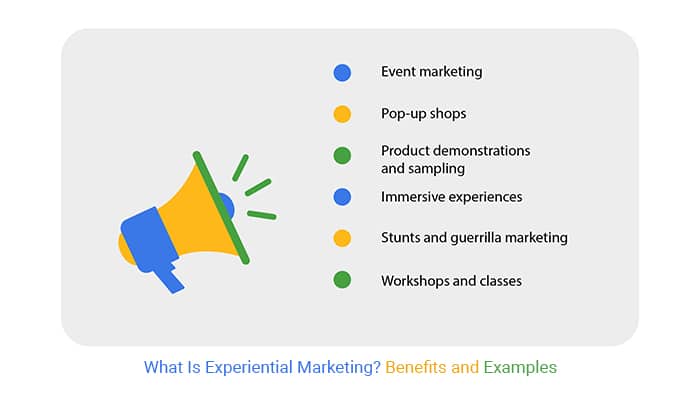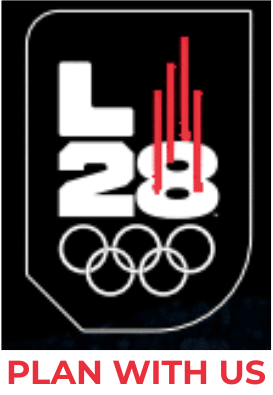Experiential marketing is a dynamic approach that creates memorable interactions between brands and their audiences. By leveraging engagement, creativity, and innovation, experiential marketing helps build strong emotional connections. Below, we explore the main types of experiential marketing, along with real-world examples, highlighting how brands like Coca-Cola have used these strategies effectively. Furthermore, we’ll discuss how Towerhouse can help replicate such success for your brand.
Key Types of Experiential Marketing
- Guerrilla Marketing
Guerrilla marketing employs unconventional tactics to surprise and engage audiences. For example, Red Bull’s “Stratos” campaign featured a live skydiving event, breaking records and captivating millions of viewers online. These daring stunts leave lasting impressions by aligning with the brand’s bold identity. - Pop-Up Experiences
Temporary installations like pop-up stores or events immerse audiences in brand narratives. Coca-Cola, known for its creative experiential marketing, launched a campaign where vending machines dispensed drinks only when consumers hugged the machine. This interactive activation fostered a sense of joy and connection. - Event Marketing
Brands often host or sponsor events to provide immersive, memorable experiences. For example, festivals sponsored by major brands include live music, workshops, or thematic exhibits tailored to their target audience. Such events allow companies to communicate their values in engaging ways. - Retail Installations
Point-of-purchase displays and in-store events offer tactile and visual engagements. A creative example includes IKEA’s virtual design tools, allowing customers to visualize furniture in their own spaces using augmented reality—a modern twist to traditional retail marketing. - Interactive Technology
Virtual reality (VR) and augmented reality (AR) experiences are popular ways to connect with tech-savvy audiences. For instance, Coca-Cola’s AR Santa experience used mobile devices to project interactive holiday scenes, blending tradition with cutting-edge technology.
Why Experiential Marketing Works
The effectiveness of experiential marketing lies in its ability to:
- Build emotional connections through authentic experiences.
- Increase brand loyalty by creating memorable moments.
- Enhance brand visibility via social media amplification, with attendees sharing their experiences online.
For example, Red Bull’s campaigns often incorporate hashtags and live streams to maximize their reach.
Case Studies: Coca-Cola and Beyond
Coca-Cola has consistently excelled in experiential marketing by aligning its campaigns with universal values like happiness, togetherness, and refreshment. Whether it’s interactive vending machines or large-scale events, Coca-Cola taps into the essence of human connection.
Similarly, Vans created skatepark pop-ups where enthusiasts could test their skills, meet peers, and explore new products. This deepened customer engagement and reinforced the brand’s authenticity within the skateboarding community.
Partnering with Towerhouse for Your Next Campaign
Creating an experiential marketing campaign demands creativity, strategic insight, and flawless execution. At Towerhouse, we specialize in delivering custom experiences that resonate with your audience. By combining interactive technology, immersive storytelling, and data-driven insights, we can craft a campaign that aligns with your brand’s identity and goals.
Whether it’s a daring guerrilla marketing stunt or a high-tech VR activation, our team has the expertise to bring your vision to life. Let’s collaborate to design experiential marketing campaigns that not only captivate but also convert.






